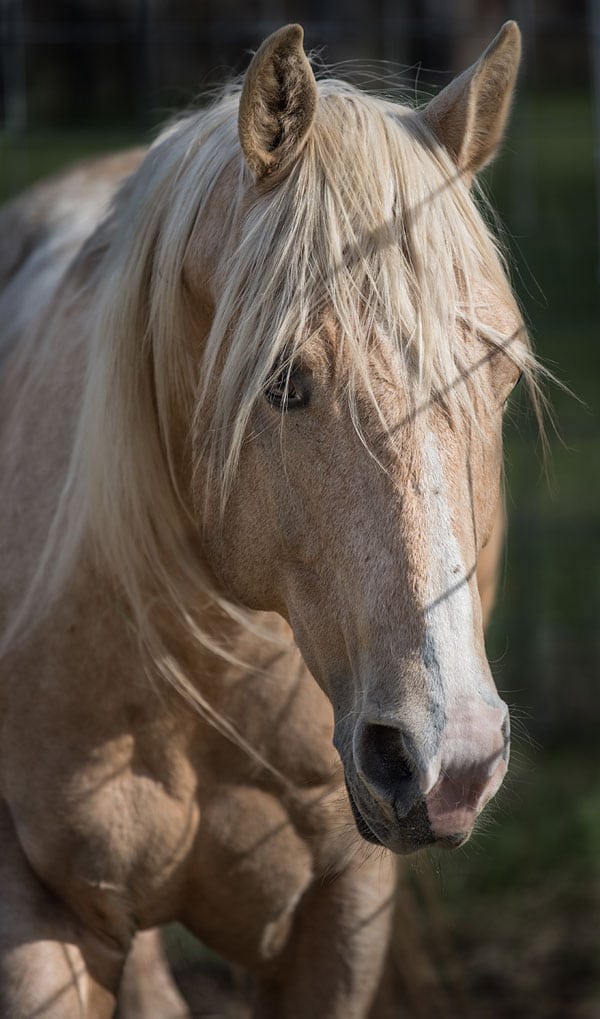Why do horses go into rescue? This is a question increasingly being asked by animal welfare experts and ethicist. Like many intractable issues today, the answer is multipronged with several contributing factors. Let’s take a look at some of the main contributors.

Overpopulation Leads to Increased Horses Going Into Rescue
Problem essentially boils down to economics. There is simply too much supply for the market to absorb. They are many ancillary issues to be address but they all emanate from over-breeding.
There are estimated to be around 10 million horses throughout the United States today. These numbers are down historically but do represent a spike from more recent decades. Of that number around 4 million horses are for recreation uses such as trail-riding and pleasure riding. Most of the remaining are for competition, racing and rodeos which lie at the root of the problem.
In order to obtain that specific set of gene traits for beauty or speed breeding, and in fact over-breeding, is encouraged throughout the industry. The payoff for getting that “perfect horse” often outweigh the efforts of owners. Yet breeders lack the long-term resources to keep and grow a healthy, well-balanced livestock. The “unwanted” horses are eventually sold on the open market where they end up in slaughter houses in Canada and Mexico. With a staggering 130,000 horses sent to those two countries from the U.S. for slaughter rescue programs simply cannot keep up.
Backyard breeders, as they are known within the industry, are some of the worst culprits. These irresponsible owners allowing mating in order to reap a quick profit or tax advantage. Far too often the unwanted yearlings are underfeed and neglected. Unhandled and unsocialized they become high-risk and sent to slaughter.
Cultural Changes
Times change and the industry needs to make changes to account for this. More people now live in cities and urban communities than ever before. The horse does not represent the same status it once did in American folklore. For this reason you have a precipitous decline in responsible ownership and care for these companion animals.
Not enough time and resources are put into proper care because owners go in unprepared. Those that are equine owners often live far from barns. The animals are left in isolation and not given proper fitness and social activities. Once problematic behavior emerges, again, horses are abandoned to the open market.
Equis Save is a non-profit organization dedicated to the rescue, rehabilitation and adoption of horses. We work with other rescue organization around the country fundraiser and building awareness to this growing problem. We are a small group based in Livingston, MT but have saved dozen of horses last year alone through our adoption programs. With your help we can ensure sustainable safeguards and practices are put in place for the well-being of these deserving animals.







